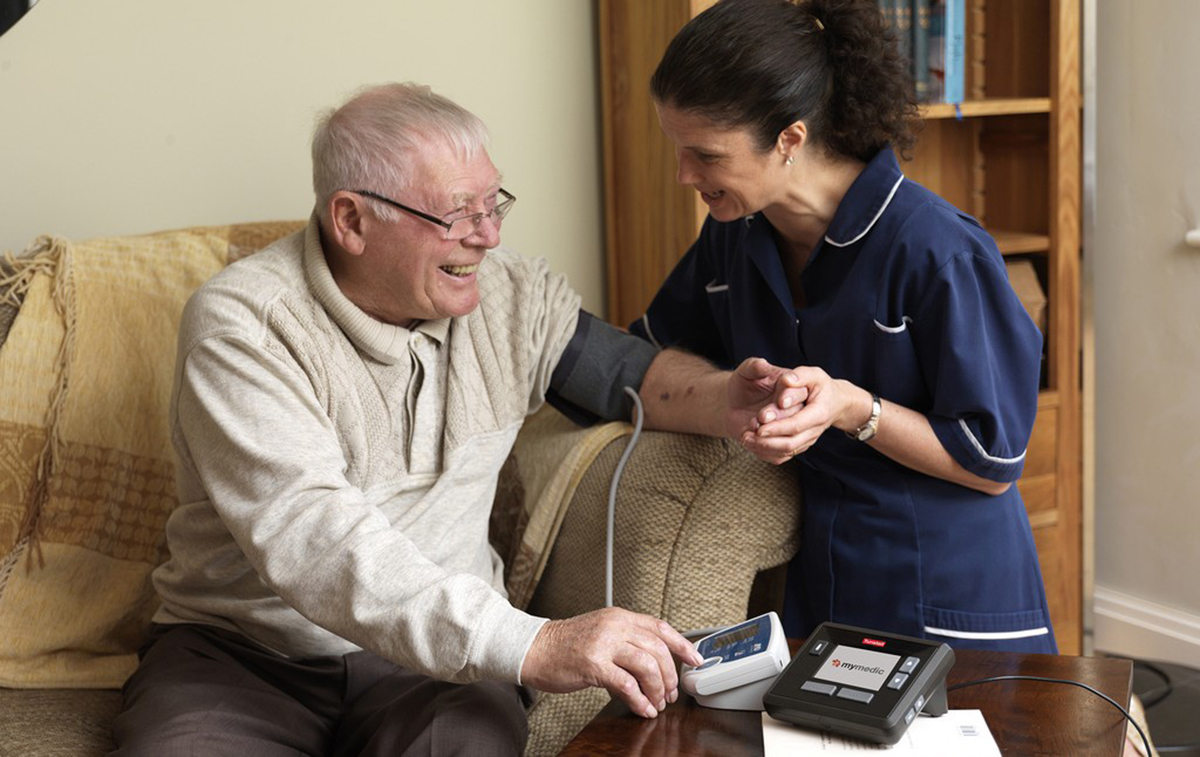Table of Contents
According to the Centers for Disease Control and Prevention, each year in the United States more than 790,000 people suffer from a stroke. Of those individuals about 130,000 die from their stroke.

Although stroke statistics are daunting, the good news is, strokes are often preventable. Through proper education and lifestyle changes many strokes can be prevented.
Education is Key to Stroke Prevention
Most people may have heard of a stroke, but they may not be all that familiar with what it actually is. Strokes cause an interruption of blood flow to the brain. When blood flow to the brain is obstructed or blocked, the brain is deprived of oxygen and brain cells die.
Not all strokes are the same.
An ischemic stroke occurs when a blood clot in the vessels carrying blood to the brain becomes blocked. The other cause of a stroke, known as a hemorrhagic stroke, is due to a ruptured blood vessel, which reduces blood flow to the brain.
Identifying Your Stroke Risk
There are many different risk factors for having a stroke. Some things are not controllable, such as age, gender, family history and race. For instance, after the age of 55, your risk of having a stroke doubles. Women also have more strokes than men. If you are African American, you are also at higher risk of having a stroke
Even though you cannot control the risk factors above, it is still important to be aware of them. Knowing your overall risk of having a stroke may help you realize how high your risk is. It can help you take charge of your health and reduce other risk factors by making the appropriate lifestyle changes.
See Also: How to Recognize a Stroke?
Smoking: According to the National Stroke Foundation, if you smoke, you double your risk of having a stroke. Smoking increases your risk of a stroke in a few different ways. When you smoke your heart has to work harder due to a decrease of oxygen in the blood. In addition, smoking also increases the amount of plaque, which can buildup in the arteries blocking blood flow to the brain.
Obesity: Carrying around extra weight makes your heart and circulatory system work harder, which often increases blood pressure and increases your stroke risk. People who are obese are also more likely to develop diabetes and high cholesterol levels, which are also risk factors for having a stroke.
High Blood Pressure: Having high blood pressure is one of the main risk factors for having a stroke. When your blood pressure is high, it places more stress on the walls of your blood vessels. This increased pressure can cause the blood vessel walls to thicken and obstruct blood flow.
High Cholesterol: High cholesterol levels cause fatty depositions, referred to as plaque, to buildup in the arteries. In some cases, the arteries can become blocked or clogged to the point of preventing blood flow, and a stroke can result.
- www.stroke.org/site/PageServer?pagename=uncont
- www.strokeassociation.org/STROKEORG/AboutStroke/About-Stroke_UCM_308529_SubHomePage.jsp
- www.cdc.gov/stroke/facts.htm
- Photo courtesy of Tunstall by Flickr : www.flickr.com/photos/tunstalltelehealthcare/6850760963/
- Photo courtesy of .jocelyn. by Flickr : www.flickr.com/photos/-jocelyn-/6513335519


Your thoughts on this